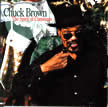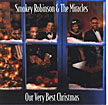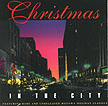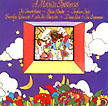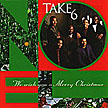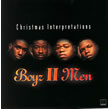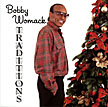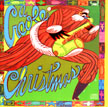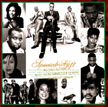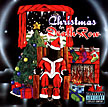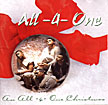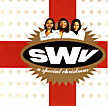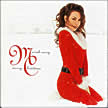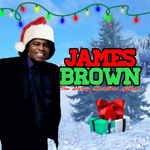
Originally released in 1999, it's been re-released a number of times since then, including again in 2014 on Brownstone Records. The passage of years between his classic holiday sides and this collection might indicate that James was going for a nice middle-of-the-road payday on this collection, but unlike other vintage soul performers, James tried to keep it real. No easy listening gospel versions of classic past tunes are offered here. You'll hear contemporary soul-funk-hip-hop influences as applied to the original James Brown sound on this disc, along with 11 original tunes co-written by the Godfather. "Spread Love" especially leans into the slow-jam realm, "Not Just Another Holiday" swings like crazy, and "Christmas Is For Everyone" is an old-school James raveup with modern bass/drum machine sounds. "Mom and Dad" is a bit preachy about the Fourth Commandment, "Don't Forget the Poor at Christmas" offers the reason for the season with a bit of "Santa Claus Go Straight To the Ghetto" blended in, "God Gave Me This" is a lengthy slow-jam ballad, and "A Gift" is almost reggae-flavored. "Sleigh Ride" is not the familiar tune but a holiday rap, a motif repeated on "Reindeer on the Roof Top," "Funky Christmas Millenium" is very Funkadelic-influenced, and "Clean For Christmas," given James' troubles in the 1990s, is almost too much information. Production does sound low-budget, and you can't help noticing that this album was sung by a much older man than the original classics, but overall this is a pretty strong modern r'nb holiday album, and given its age it doesn't really sound particularly dated.
